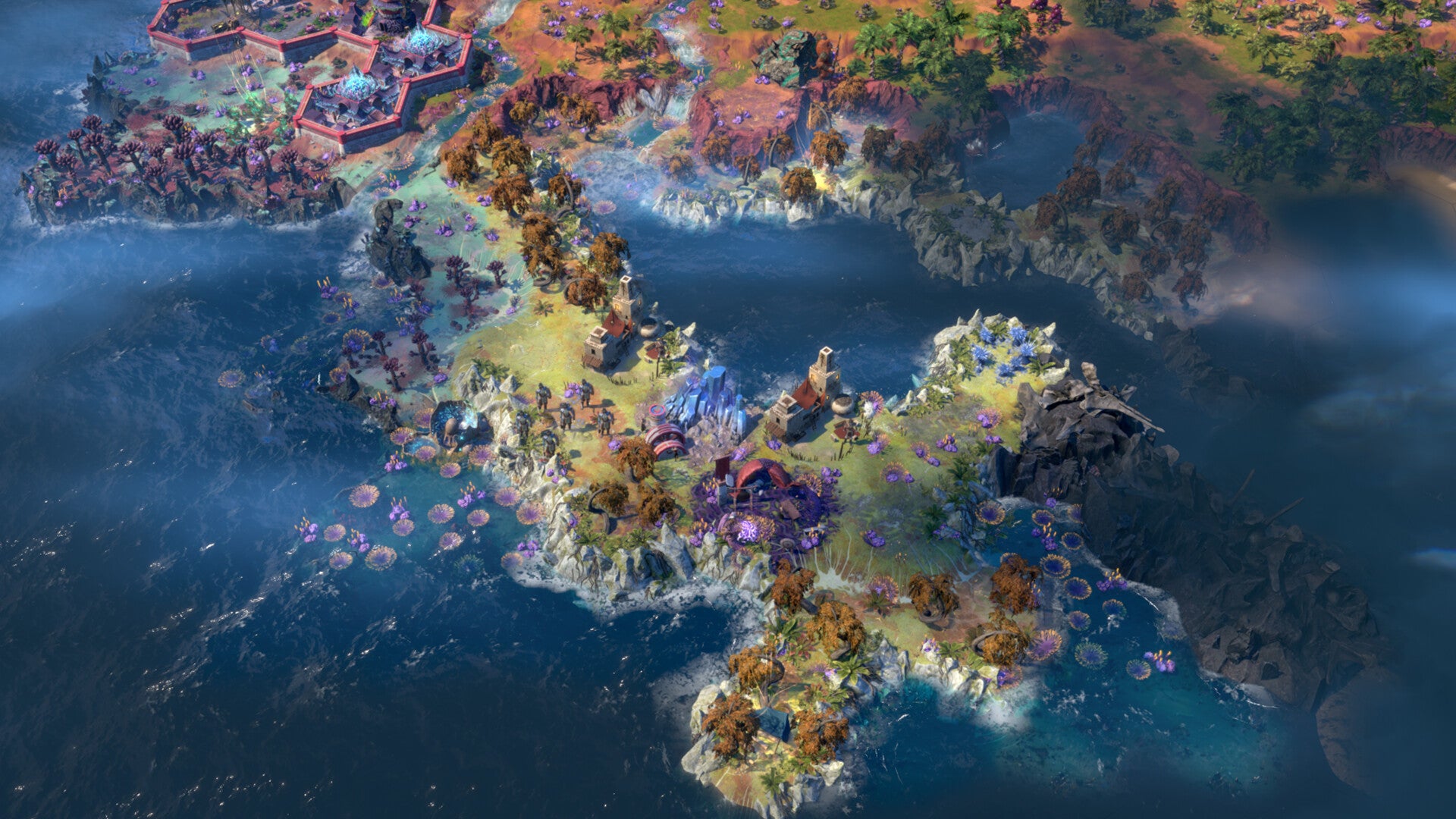Amplitude Studios, the Paris-based game developer known for its innovative 4X strategy titles, has officially parted ways with Sega in 2024. This decision came after a successful collaboration that began in 2016 and included the development of the critically acclaimed game Humankind. The split marks a significant shift for the studio, which has been a major player in the PC gaming market since its founding in 2012.
The partnership with Sega allowed Amplitude to access greater resources, enabling the studio to pursue its vision of creating titles that rival those produced by major industry players like Wargaming and Paradox. According to co-founder Romain de Waubert de Genlis, the collaboration culminated in the release of Humankind in 2021, which was meant to redefine the 4X genre. However, the relationship began to show strain as both parties found themselves misaligned on future directions.
Reflecting on the past decade, de Waubert de Genlis shared insights into the studio’s journey and the challenges faced during the partnership. Initially, Amplitude aimed to change perceptions of 4X games, which had been viewed as niche products. The team sought to infuse more artistry and storytelling into their titles, ultimately broadening their appeal. “We were aiming originally to sell our games to 40,000 to 60,000 people, and now all our 4Xs reach beyond 2 to 3 million people,” he noted.
The release of Humankind generated significant hype, yet it did not fully meet the studio’s expectations upon launch. De Waubert de Genlis acknowledged that innovating on established formulas is inherently challenging. “Innovating on an established recipe is difficult,” he explained, adding that many players perceived Humankind as a potential successor to the popular Civilization series, which was not the studio’s intention.
While Humankind became Amplitude’s most successful game in terms of both financial returns and player numbers, the studio faced internal and external pressures as the industry evolved. The decision to leave Sega was primarily driven by a lack of alignment on future goals and the perception that the studio’s strengths were not being fully utilized within the larger company framework.
In discussing the separation, de Waubert de Genlis emphasized that it took nearly a year and a half to negotiate the exit. He sought to ensure that Amplitude retained its intellectual property and workforce, which he viewed as critical for the studio’s survival. “If we want to do this, I need my teams untouched so I’m ready to take Amplitude indie again,” he stated. This careful negotiation process was complicated by broader industry shifts and Sega’s own restructuring strategies, including significant layoffs at other subsidiaries like Relic Entertainment.
Looking ahead, Amplitude Studios aims to streamline its development processes now that it has regained independence. De Waubert de Genlis envisions a future where the studio creates high-quality games more efficiently, emphasizing the importance of maintaining a motivated team throughout development cycles. “When your team is fighting for themselves, they are highly motivated to succeed,” he remarked.
As the gaming landscape continues to evolve, Amplitude Studios is poised to leverage its experience and creativity to further impact the 4X genre. The studio’s trajectory reflects not only its ambition but also the dynamic nature of the gaming industry, where independence can often lead to greater innovation and success.







